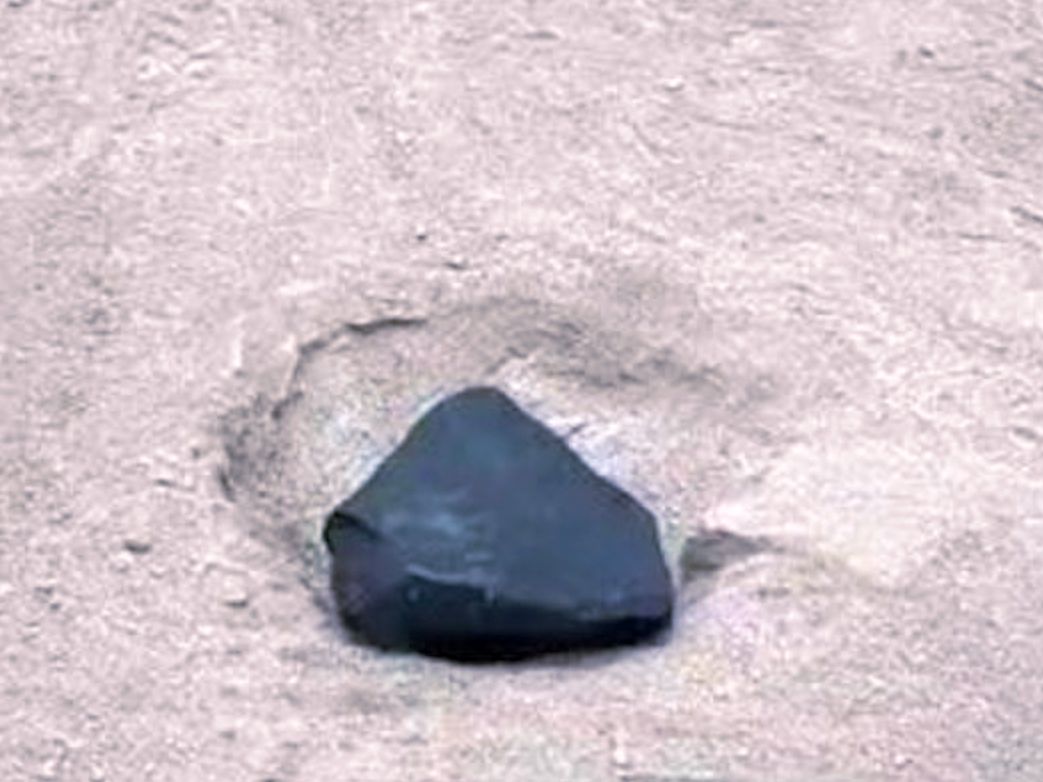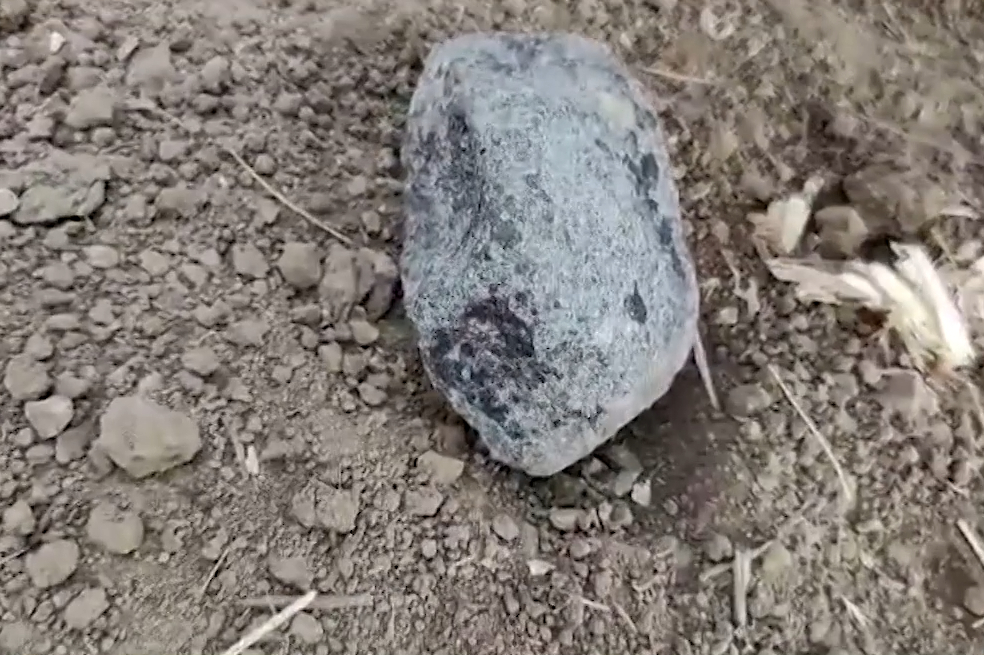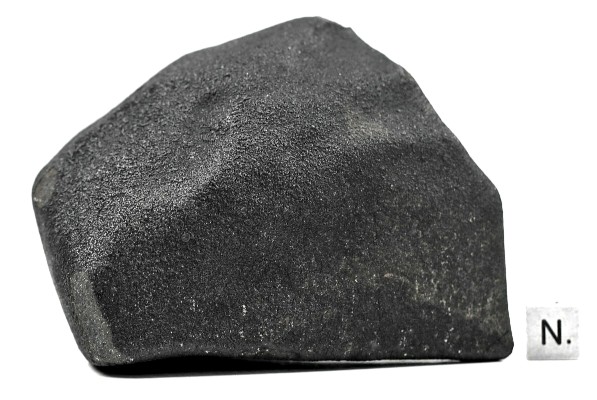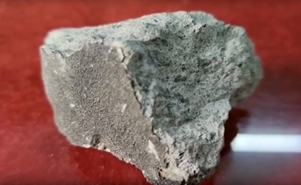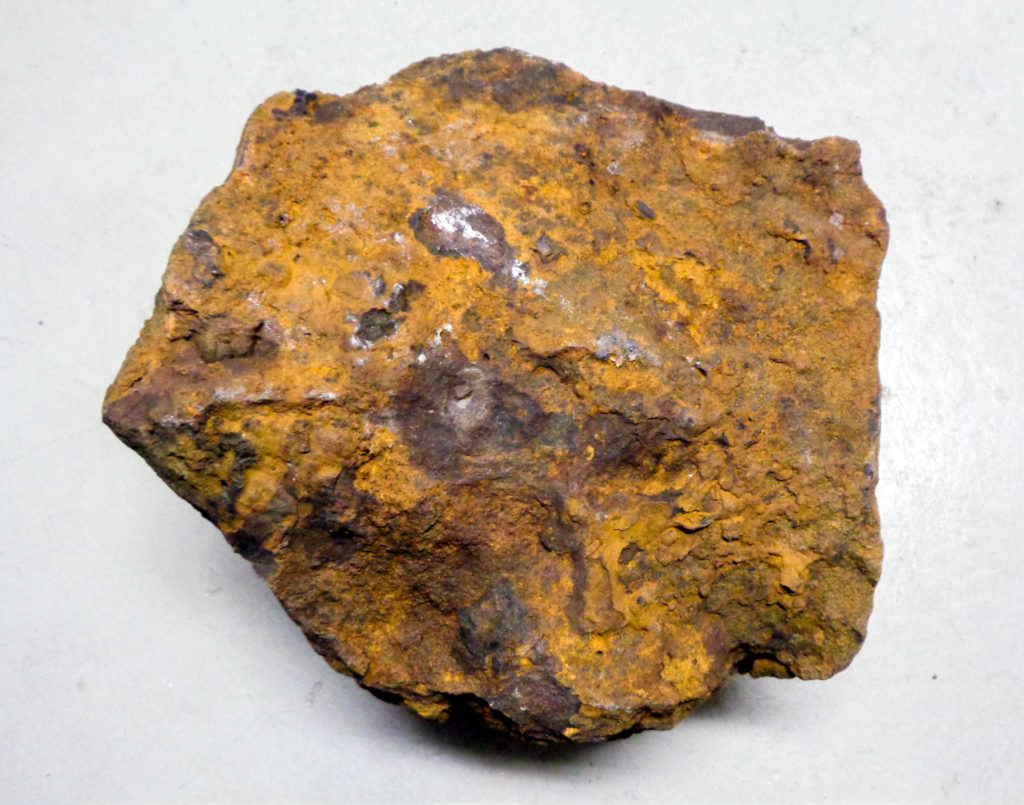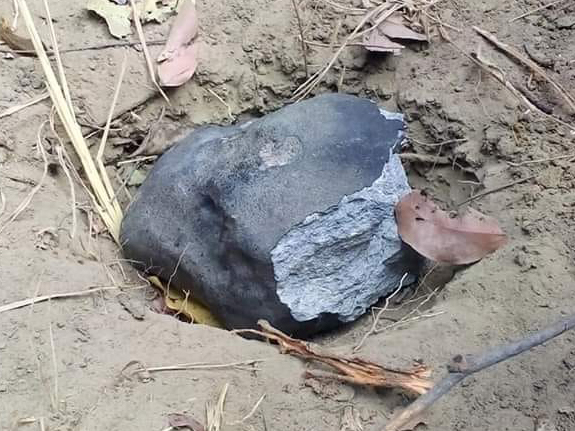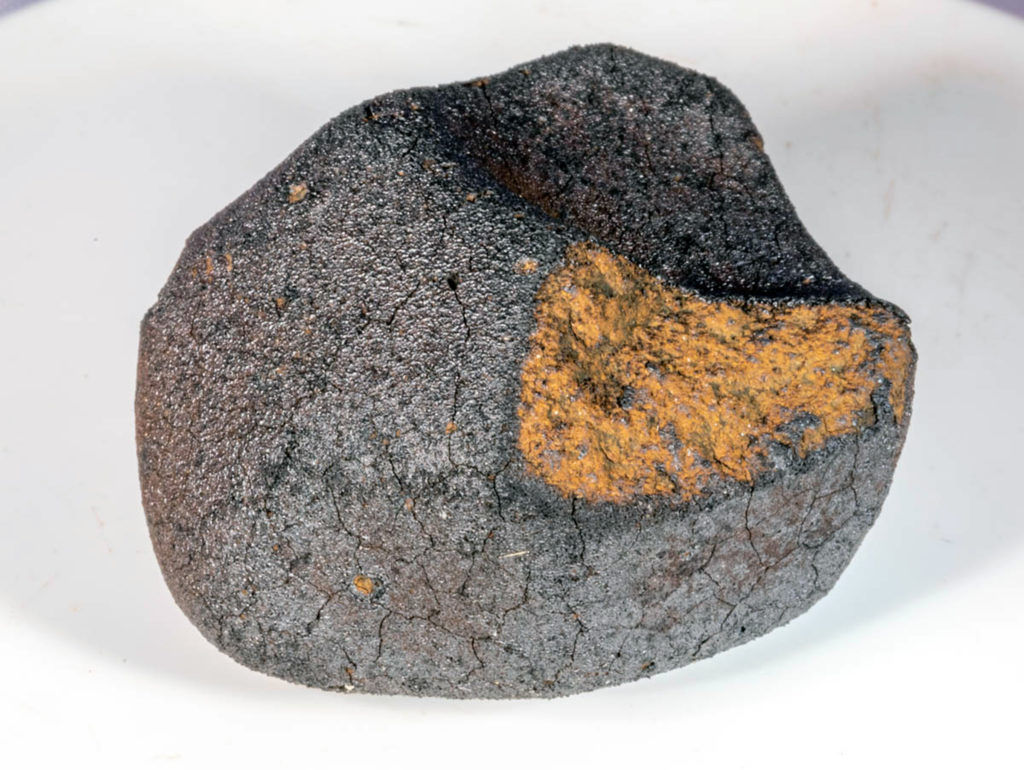Astronomical context of Solar System formation from molybdenum isotopes in meteorite inclusions
Gregory A. Brennecka, Christoph Burkhardt, Gerrit Budde, Thomas S. Kruijer, Francis Nimmo, Thorsten Kleine
Science 13 Nov 2020:
Vol. 370, Issue 6518, pp. 837-840
DOI: 10.1126/science.aaz8482
“Calcium-aluminum–rich inclusions (CAIs) in meteorites are the first solids to have formed in the Solar System, defining the epoch of its birth on an absolute time scale. This provides a link between astronomical observations of star formation and cosmochemical studies of Solar System formation. We show that the distinct molybdenum isotopic compositions of CAIs cover almost the entire compositional range of material that formed in the protoplanetary disk. We propose that CAIs formed while the Sun was in transition from the protostellar to pre–main sequence (T Tauri) phase of star formation, placing Solar System formation within an astronomical context. Our results imply that the bulk of the material that formed the Sun and Solar System accreted within the CAI-forming epoch, which lasted less than 200,000 years.”

